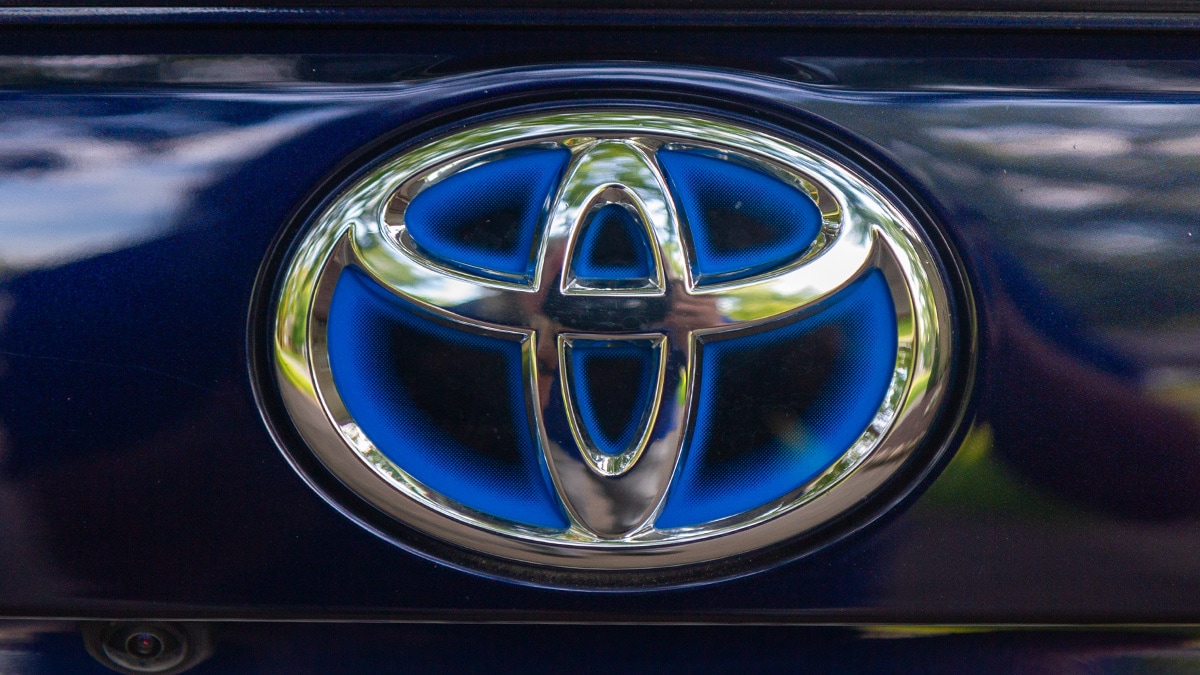The Japanese government ordered automotive giant Toyota to undertake “drastic reforms” after an investigation found irregularities in the automaker’s vehicle certification tests.
ABC News reports, “Toyota reported Wednesday more cases of cheating on certification tests for new models required by the Japanese government, on top of those acknowledged earlier.”
The scandal may involve cars on sale in the U.S., but it doesn’t mean any Toyota products haven’t passed American safety tests.
The issue first came to light last year when Toyota subsidiary Daihatsu admitted cheating on some crash tests.
In June, Japanese investigators raided Toyota’s Aichi headquarters in the wake of reports the company falsified data for other certifications.
CEO Akio Toyoda apologized, and the company released data showing that it conducted some tests improperly. Changes included using timers instead of crash sensors to set off airbags and submitting data from the wrong side of the car in some pedestrian impact tests.
Self-Testing in Question; U.S. Tests Not Involved
Most automakers today are global businesses that sell vehicles in many countries. Some of those countries, like the U.S., conduct their own safety tests. Others allow automakers to test themselves and send the results to governments.
In an earlier statement, Toyota said it certifies about 50 models per year and has submitted results from more than 7,000 tests to various government authorities. Those tests include crash tests, fuel economy certifications, and even engine power ratings.
Japanese investigators found irregularities with some, but not all, of those tests.
The revelations don’t affect safety tests in America. In the U.S., two agencies — the federal government’s National Highway Traffic Safety Administration (NHTSA) and the insurance industry’s Insurance Institute for Highway Safety (IIHS) — conduct independent crash tests. Toyota has not been accused of interfering with those.
Related: Car Safety Ratings and How They Work
No U.S. Models Involved at the Time
Earlier this summer, Toyota halted production of three models not sold in the U.S. in response to the revelations.
At the time, the scandal only involved one model ever sold in America: the Lexus RX. Investigators found no reason for safety concerns about it. Toyota admitted that, in a 2015 test, the Lexus RX engine did not achieve its advertised horsepower rating.
Lexus has since redesigned the SUV and no longer sells the version involved in that test.
But Some May Be Involved Now
However, ABC News reports that Toyota “failed to carry out proper certification on seven models, including the Camry sedan and RAV4 sport utility vehicle. The false tests included pedestrian protection, side collisions, and steering impact.”
The NHTSA and IIHS have each performed safety tests on both models.
Company Admits to Errors, Promises Reform
In a statement, Toyota admitted to “deep regret that we were not able to properly conduct our certification operations.”
The company said managers lacked “understanding and involvement” in the certification process.
Toyota says it conducted a 2017 “load shifting prevention test” on the RAV4 without the approved load. It also conducted a steering test on the 2017 Camry with modified steering, then submitted false photos of the test to a Japanese government agency. The Camry and RAV4 on dealer lots today are different designs than the 2017 models involved in the questionable tests.
It’s Not Just Toyota
The scandal caused the Japanese government to launch similar investigations of other automakers. Mazda and Honda admitted to irregularities in several models not sold in the U.S.
What Does It Mean for American Toyota Owners?
Notably, all the tests in question were performed outside the U.S. America conducts its own safety testing. So, this news does not call into question the safety of Toyota products in the U.S.
But it could damage the brand’s sterling reputation.








